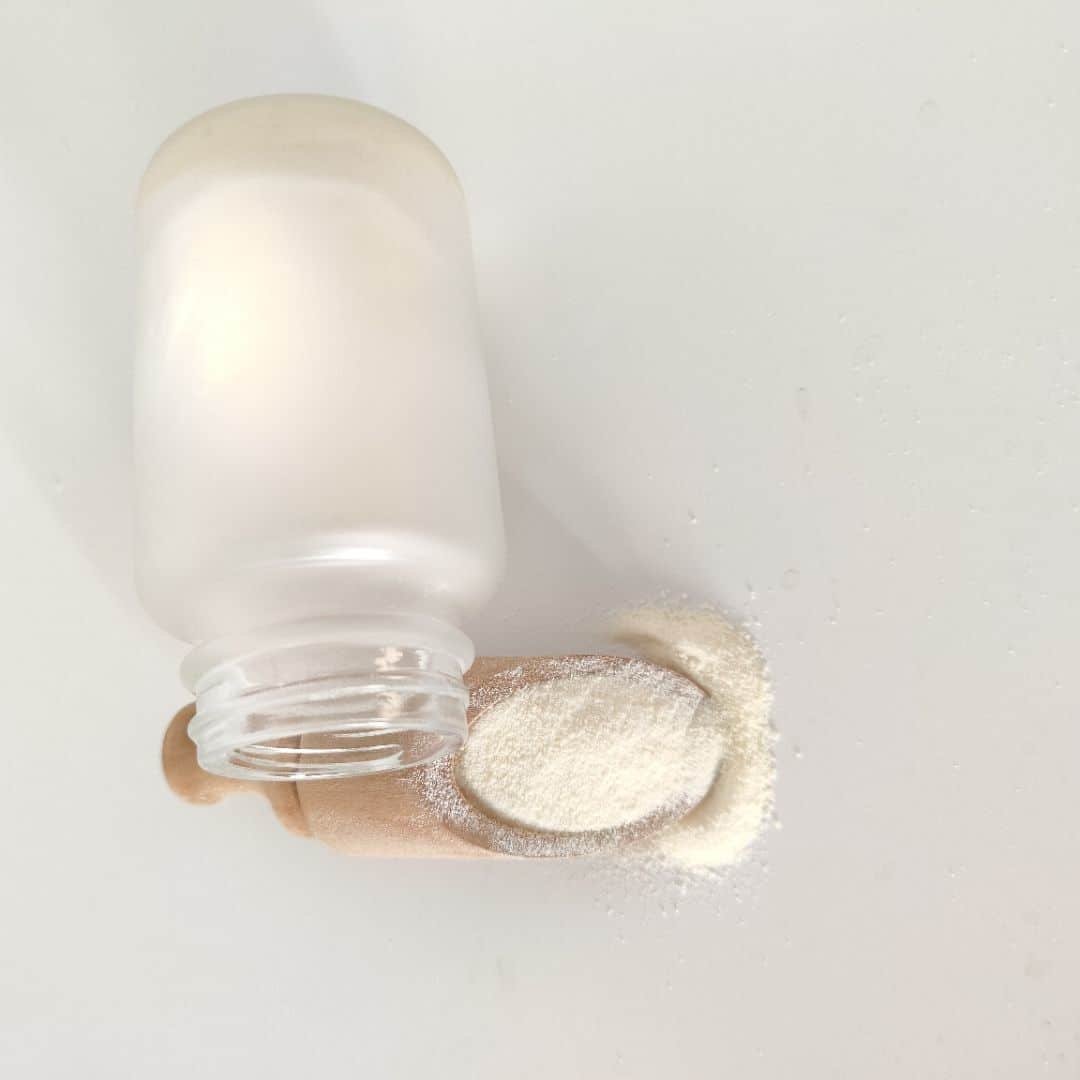In dietary supplements and functional foods, peptides derived from marine and animal sources are gaining significant attention for their health benefits. Sea cucumber peptide and chicken collagen type 2 (often Type II collagen) are prominent for their unique properties and applications. This article compares these two peptides, focusing on their health benefits, biological activities, industrial applications, and market trends.
Introduction to Peptides
Peptides are short chains of amino acids that perform various bodily functions. They are derived from the enzymatic hydrolysis of proteins, breaking them into smaller, more easily absorbed molecules. Sea cucumber peptides come from marine invertebrates, while chicken collagen type 2 is sourced from animal connective tissue, mainly cartilage.
Health Benefits
- Anti-Inflammatory and Antioxidant Properties:
Sea cucumber peptides are known for their anti-inflammatory and antioxidant effects. These benefits are primarily attributed to saponins and other bioactive compounds in sea cucumbers, which help reduce oxidative stress and inflammation, aiding in conditions like arthritis and cardiovascular diseases.
- Immune System Support:
Sea cucumber peptides have been shown to enhance immune function by stimulating immune cells, such as macrophages and lymphocytes. This boosts the body’s ability to fight infections and maintain immune health.
- Skin Health:
Sea cucumber peptides are utilized in cosmetics for their potential to improve skin elasticity and hydration. They stimulate collagen production, which can help reduce wrinkles and promote a youthful appearance.
Chicken Collagen Type 2:
- Joint Health:
Chicken collagen type 2 is particularly beneficial for joint health. It supports the maintenance and repair of cartilage, potentially alleviating symptoms of osteoarthritis and improving joint function. This is due to its role in promoting the synthesis of proteoglycans and collagen in cartilage.
- Anti-Inflammatory Effects:
Research indicates that chicken collagen type 2 has anti-inflammatory properties. It may help reduce inflammation in joints, relieving pain and stiffness associated with arthritis.
- Immune Modulation:
Chicken collagen type 2 has been shown to modulate immune responses. It may help regulate the body’s immune system, potentially reducing autoimmune reactions that target joint tissues.
Biological Activities
Sea Cucumber Peptide:
- Anticancer Potential:
Sea cucumber peptides have demonstrated anticancer activity in some studies. They may induce apoptosis (programmed cell death) in cancer cells and inhibit tumor growth, though further research is necessary to establish their efficacy in cancer treatment.
- Antibacterial and Antiviral Effects:
Sea cucumber peptides exhibit antibacterial and antiviral properties. They have shown effectiveness against specific pathogens, making them potential candidates for antimicrobial applications.
Chicken Collagen Type 2:
- Cartilage Regeneration:
Chicken collagen type 2 is known for its role in cartilage regeneration. It helps synthesize new cartilage and repair damaged cartilage, which is crucial for maintaining joint health and flexibility.
- Modulation of Immune Responses:
This type of collagen has been studied for its ability to modulate immune responses, particularly in autoimmune conditions where the immune system mistakenly attacks cartilage. It may help in reducing inflammation and immune system overactivity.
Industrial Applications
Sea Cucumber Peptide:
- Nutraceuticals and Supplements:
Sea cucumber peptides are commonly used in dietary supplements and nutraceuticals. They are available in various forms, including powders, capsules, and extracts, targeting issues like inflammation, joint health, and immune support.
- Cosmetics:
In the cosmetic industry, sea cucumber peptides are used in anti-aging products. Their collagen-boosting properties make them valuable in formulations designed to improve skin texture, elasticity, and hydration.
- Joint Health Supplements:
Chicken collagen type 2 is a critical supplement ingredient to improve joint health. It is often found in products designed to alleviate joint pain, improve flexibility, and support overall cartilage health.
- Functional Foods:
Collagen type 2 is also used in functional foods and beverages. These products are marketed for their benefits in joint health and recovery, catering to consumers seeking dietary support for maintaining cartilage integrity.
Market Trends and Consumer Preferences
- Growing Demand in Health Supplements:
The demand for sea cucumber peptide supplements is increasing, driven by consumer awareness of their health benefits. This trend is particularly pronounced in regions where traditional medicine values marine-derived ingredients.
- Expanding Cosmetic Use:
The use of sea cucumber peptides in cosmetics is on the rise. Consumers are increasingly interested in natural and effective skincare ingredients, making sea cucumber peptides popular in high-end beauty products.
Chicken Collagen Type 2:
- Rising Interest in Joint Health:
Growing consumer interest in supplements supporting joint health drives the demand for chicken collagen type 2 products. This trend is fueled by the aging population and increased awareness of joint-related health issues.
- Increasing Popularity of Collagen Products:
Chicken collagen type 2 is a broader trend towards collagen-based health products. As consumers seek supplements for various health benefits, collagen products, including type 2, are gaining popularity for their proven efficacy in joint support and cartilage health.
Conclusion
Sea cucumber peptide and chicken collagen type 2 each offer unique and valuable benefits, making them prominent in different health and wellness contexts. Sea cucumber peptides are recognized for their anti-inflammatory, antioxidant, and immune-boosting properties and their role in skincare. In contrast, chicken collagen type 2 is celebrated for its benefits in joint health and cartilage regeneration, with additional anti-inflammatory and immune-modulating effects.
Both peptides are experiencing growth in their respective markets, driven by consumer interest in health supplements and functional foods. Understanding their distinct benefits and applications can help consumers and manufacturers make informed choices about integrating these peptides into their health and wellness routines.

